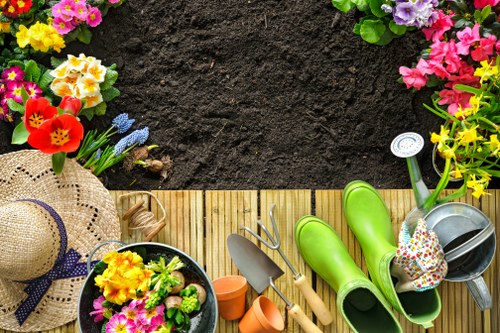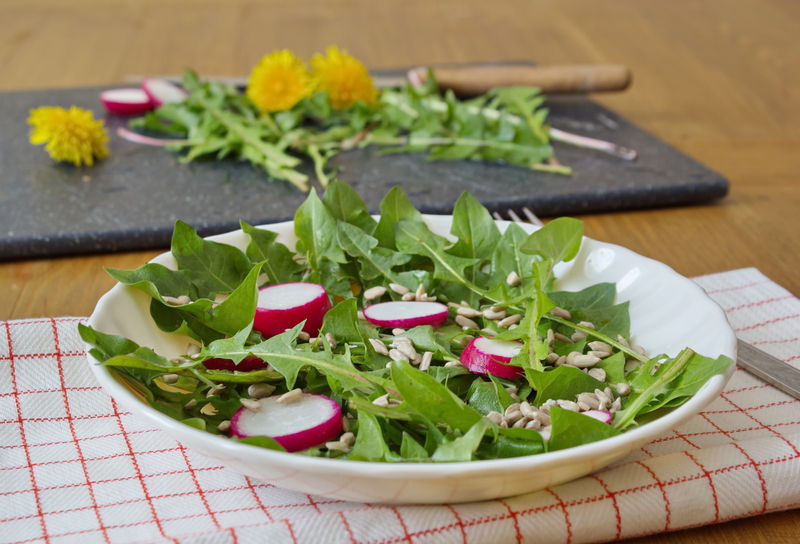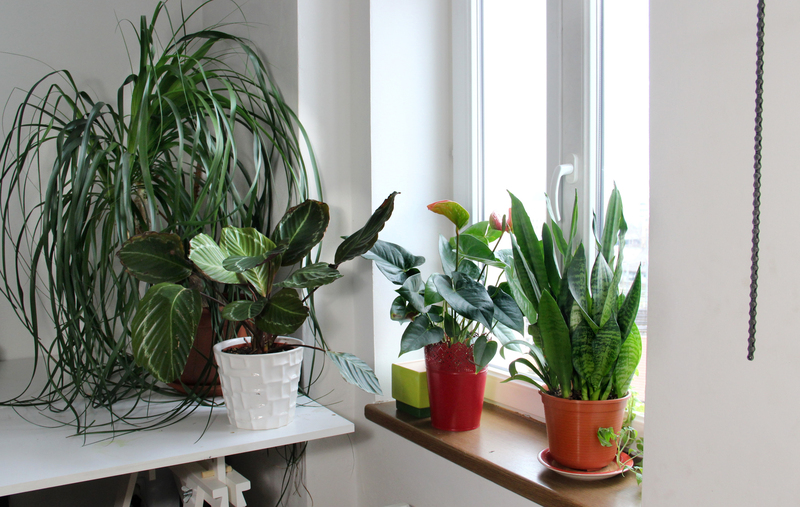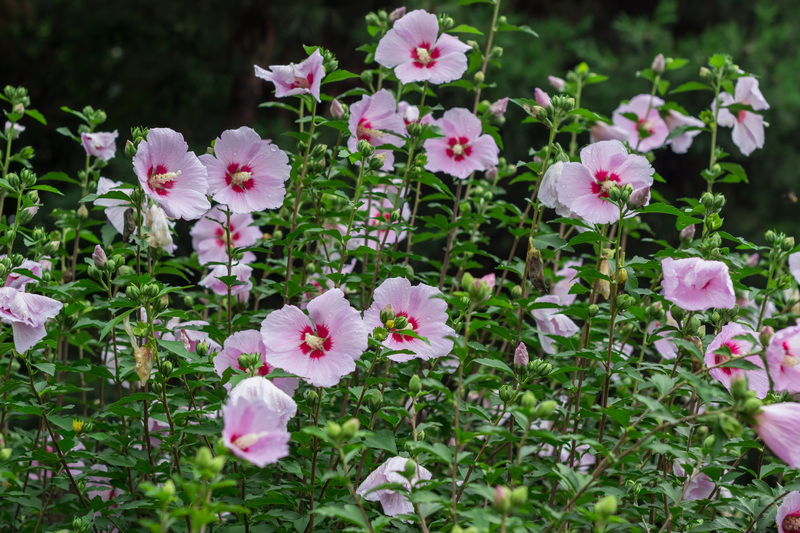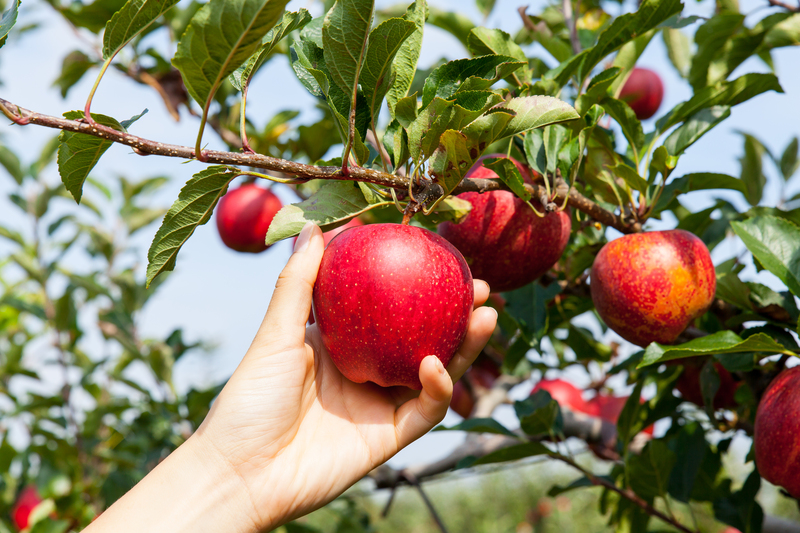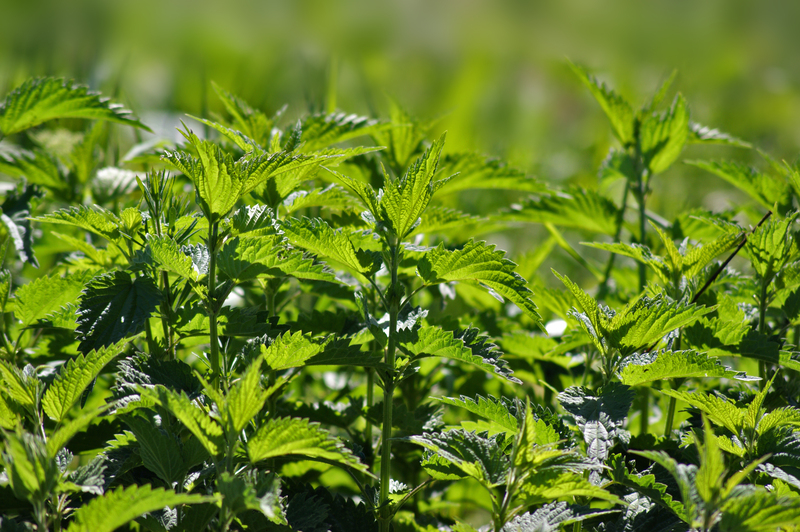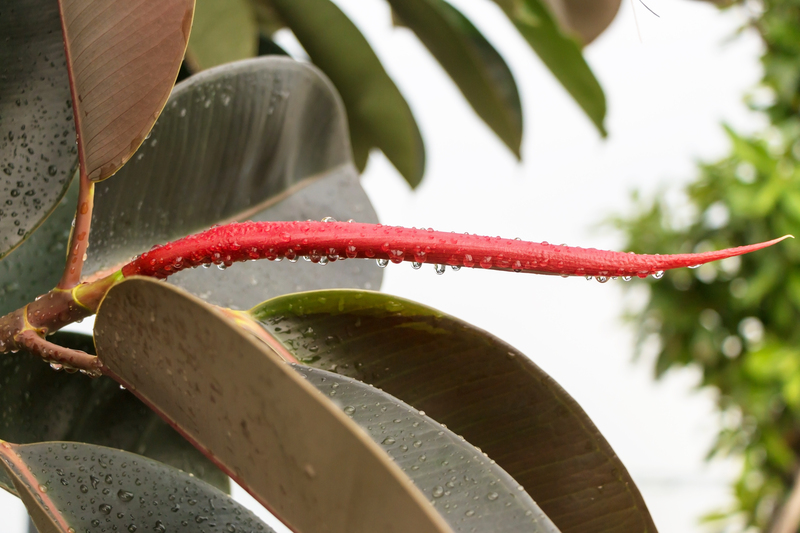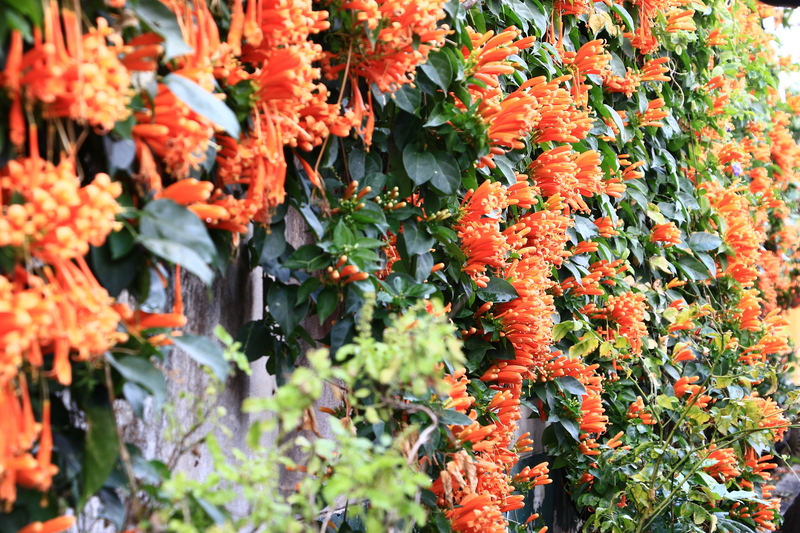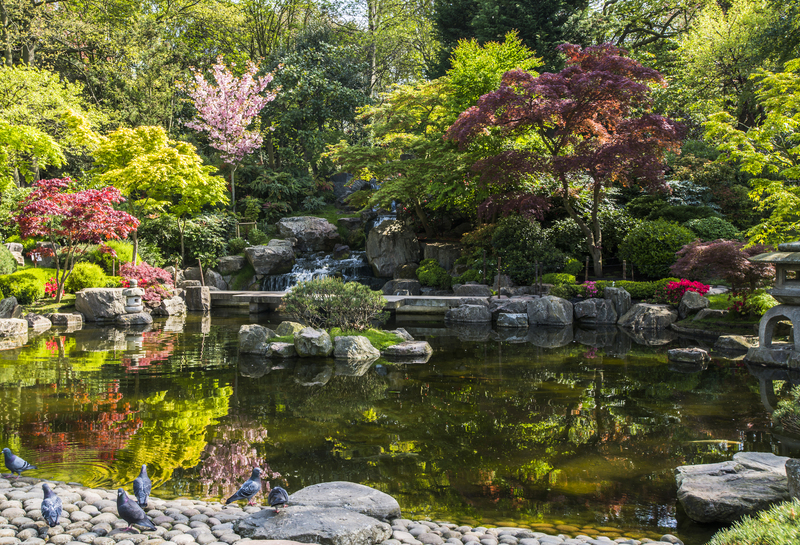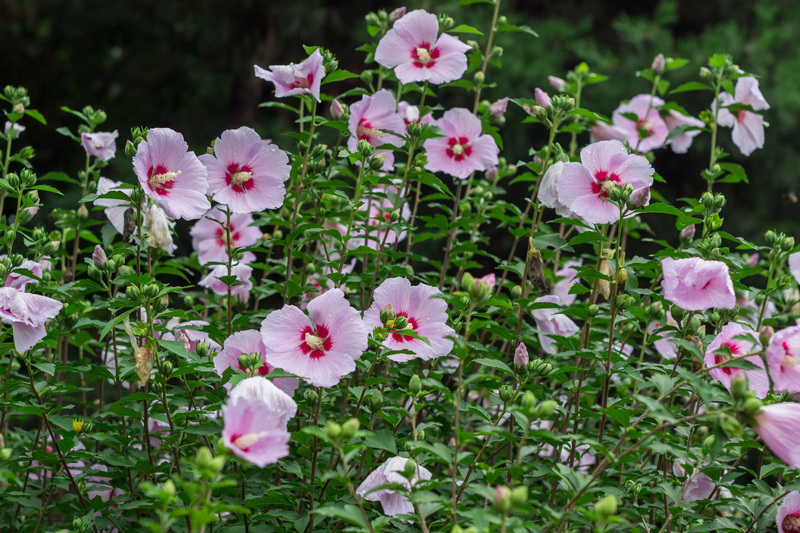Exploring the World of Landscape Gardening Gardeners
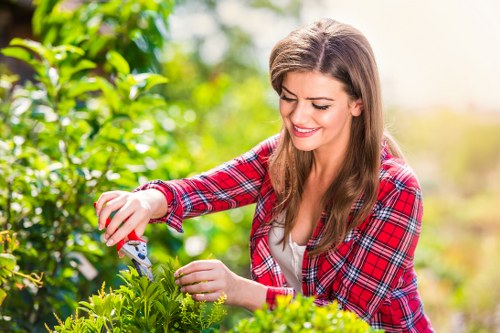
Landscape gardening gardeners play a pivotal role in transforming outdoor spaces into beautiful, functional, and sustainable environments. Their expertise combines creativity, horticultural knowledge, and an understanding of environmental factors to design gardens that not only look stunning but also thrive over time.
From selecting the right plants to designing irrigation systems, these professionals ensure that every aspect of the garden contributes to its overall health and aesthetic appeal. Their work requires a deep appreciation for nature and a commitment to creating spaces that bring joy and tranquility to their clients.
Landscape gardening gardeners often collaborate with clients to understand their vision, preferences, and lifestyle needs. This collaboration ensures that the final design is tailored to each individual’s unique requirements, resulting in a personalized and harmonious outdoor space.
One of the key aspects of landscape gardening gardening is plant selection. Gardeners must consider factors such as climate, soil type, and sunlight exposure to choose plants that will thrive in the specific environment. This knowledge ensures that the garden remains vibrant and healthy year-round.
In addition to plants, landscape gardeners incorporate various features such as pathways, water elements, and seating areas to enhance the functionality and beauty of the garden. These elements not only add visual interest but also provide practical benefits, making the space more enjoyable and accessible.
The use of native plants is another important consideration in landscape gardening. Native species are well-adapted to the local climate and soil conditions, requiring less maintenance and resources. By incorporating native plants, gardeners can create sustainable landscapes that support local ecosystems and wildlife.
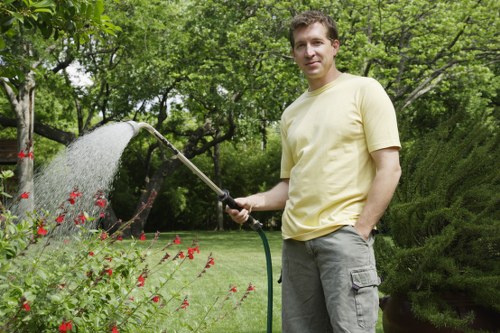
Proper maintenance is essential for the longevity and health of any garden. Landscape gardening gardeners often provide ongoing services such as pruning, fertilizing, and pest control to ensure that the garden remains in optimal condition. Regular maintenance helps prevent issues that could compromise the garden’s beauty and functionality.
Technology has also made its way into landscape gardening, with the use of software and tools to design and plan garden layouts. These technologies allow gardeners to visualize the final design and make adjustments before implementation, ensuring that the project meets the client’s expectations.
Another trend in landscape gardening is the incorporation of sustainable practices. Gardeners are increasingly focusing on eco-friendly methods such as rainwater harvesting, composting, and the use of organic fertilizers. These practices not only reduce the environmental impact but also contribute to healthier plant growth and soil health.
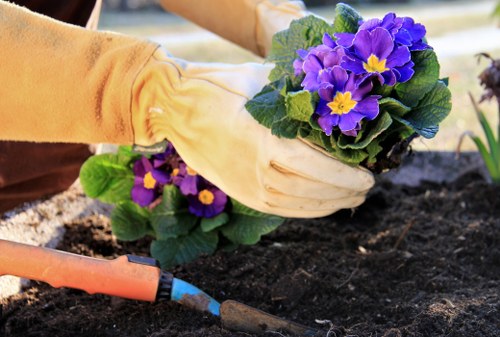
Landscape gardening gardeners must stay updated with the latest trends and techniques in the industry. Continuous learning and professional development are crucial for maintaining a high standard of service and adapting to changing client needs and environmental conditions.
The aesthetic aspect of landscape gardening cannot be overlooked. Gardeners carefully consider color schemes, textures, and patterns to create visually appealing landscapes. They use different plant varieties and garden structures to add depth and interest, ensuring that the garden remains engaging throughout the seasons.
Lighting is another important element in landscape gardening. Proper lighting can highlight key features of the garden, create ambiance, and extend the usability of outdoor spaces into the evening hours. Gardeners strategically place lighting fixtures to enhance both the functionality and aesthetics of the garden.
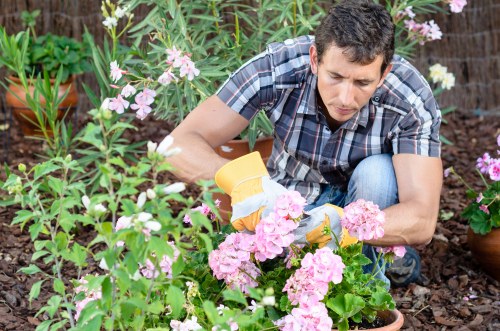
Community gardens and public spaces also benefit greatly from the expertise of landscape gardening gardeners. By designing spaces that are both beautiful and functional, they contribute to the well-being of the community and provide areas for recreation, relaxation, and social interaction.
The integration of art and sculpture into garden design is another way gardeners add unique touches to their projects. These artistic elements can serve as focal points or subtle enhancements, adding character and individuality to the landscape.
Ultimately, landscape gardening gardeners are dedicated to creating outdoor spaces that are not only aesthetically pleasing but also sustainable and suited to the specific needs of their clients. Their work enriches the environment and enhances the quality of life for those who enjoy their gardens.
